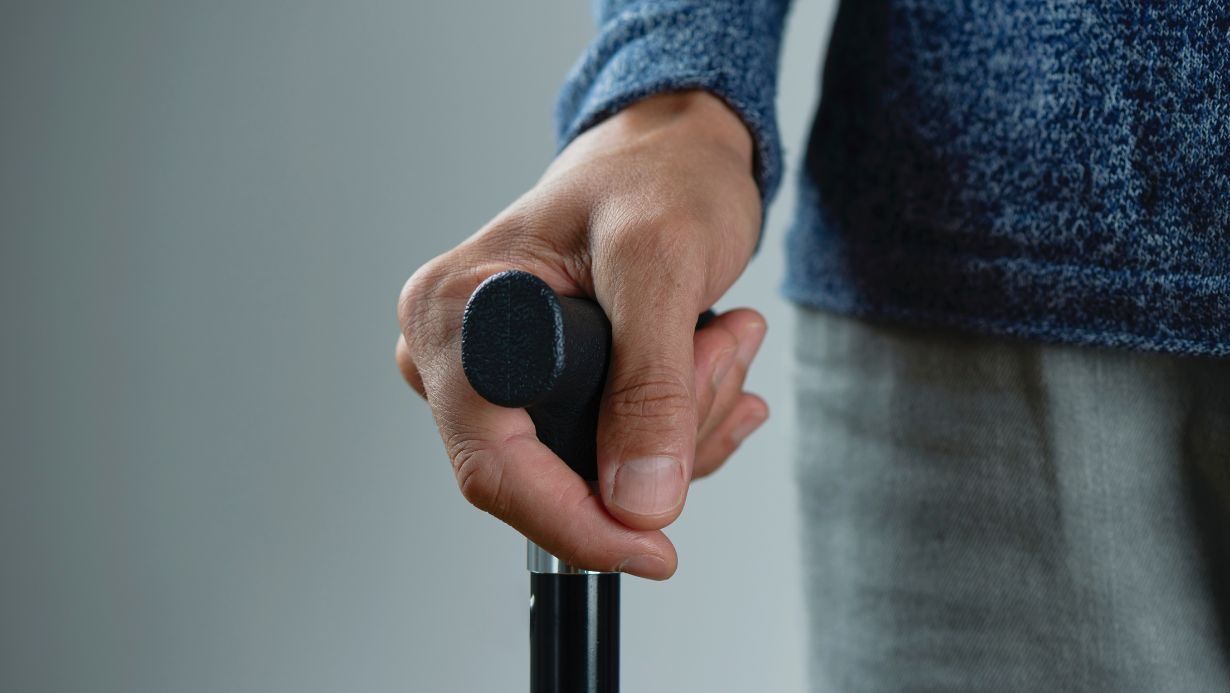How to Create a Safer Home as You Age
Many seniors are choosing to live at home as they age. There’s even a name for it: “aging in place.” According to AARP, “Data shows that 77 percent of adults 50 and older want to remain in their homes for the long term — a number that has been consistent for more than a decade.” And why wouldn’t you want to continue living in your home? It’s where you are most comfortable, everything is familiar, and you’ve created many fond memories.
Unfortunately, our bodies change as we age. Often, we don’t see or hear as well as we once did, our bones become fragile and can break easier, we lose muscle strength and flexibility, and so on. All these changes can create hazards in our home that weren’t hazards before.
Thankfully, you can take many steps – some very low-cost - to create a safer home environment for yourself or an aging loved one, so you can continue to enjoy the comforts of living at home.
Prevent Falls
According to the Centers for Disease Control and Prevention (CDC), “Falls are the leading cause of injury-related death among adults age 65 and older, and the age-adjusted fall death rate is increasing.” The fact is, as we age, we’re more likely to fall and cause serious injury.
Why? Our reflexes aren’t as sharp, we can’t see as well, certain medical conditions can affect our balance, some medications can cause dizziness or confusion, and – let’s face it - we’re more likely to rush to the bathroom than when we were in our twenties. Any one of these things may cause us to fall. And if you do fall, you’re more likely to suffer from a fracture and take longer to heal from injuries than you would have when you were younger. If you can minimize the risk of falls in your home, then you’ve already created a much safer home.
24 Tips to Minimize the Risk of a Fall:
1. Talk to your healthcare provider about a falls risk assessment
2. Find out the side effects of medications you take
3. Ask your healthcare provider if there’s an exercise, balance, or strength training program to help prevent falls
4. Take your time – stand up slowly and try not to rush to the phone or the bathroom
5. Wear Non-slip footwear
6. Get enough sleep
7. Avoid or limit alcohol
8. If you have a cane or walker, use it
9. Add non-slip strips to the tub and shower
10. Install a high-profile toilet
11. Put a waterproof chair in the shower
12. Install a walk-in shower
13. Add grab bars near the toilets and in the tub or shower
14. Keep all hallways and stairs clear of clutter
15. Add nonskid treads on steps
16. Remove area/throw rugs or tape them down
17. Remove wheels on chairs
18. Create zero-threshold entryways
19. Move light switches for easy reach
20. Add light switches at the top and bottom of the stairs
21. Widen hallways and doors
22. Improve lighting
23. Install plug-in sensor lights
24. Place non-slip strips or non-slip mats on wood or tile floors that may get wet
25. Add a handrail on both sides of the steps
Additional Home Safety Tips
Falling isn’t the only hazard older adults face in their homes. Other threats include fire, poisoning, abuse, crime, etc., which are often concerns at any age but can become more concerning as we age.
Here are additional home safety tips:
- Keep emergency numbers – 911, poison control, family members, healthcare provider – handy.
- Set the thermostat on the water heater at 120° F or lower to prevent accidental scalding.
- Protect against Fire
- Install smoke detectors and carbon monoxide detectors and replace the battery twice a year
- Don’t plug too many electric cords into one socket or one extension cord
- Keep heaters at least three feet away from anything that can burn
- Replace appliances with damaged electrical cords
· Prevent poisoning
- Keep all medications in their original containers
- Take medications in a well-lit room
- Protect against abuse
- Keep your windows and doors locked at all times
- Do not share your personal information with people you don’t know
- Do not let yourself be pressured into purchases, signing contracts, or making donations
- Ask For Help If You Need It
You are not alone. If you need help, ask for it from family, friends, or neighbors.
We Can Help!
If you feel like you’re imposing on them or that they can’t provide the level of care you need, Comforting Home Care’s compassionate caregivers are the perfect option. We assist seniors and their families by fostering caring, engaged relationships that bring comfort and peace of mind. Our highly trained Caregivers offer personal care, companionship, light housekeeping, medication reminders, dementia/Alzheimer’s care, and respite care on an hourly basis or around the clock on the days you choose, up to 24 hours, seven days a week.
Want to learn more? Contact Comforting Home Care by Phoebe today at
610-625-5206 or
connect with us online.












